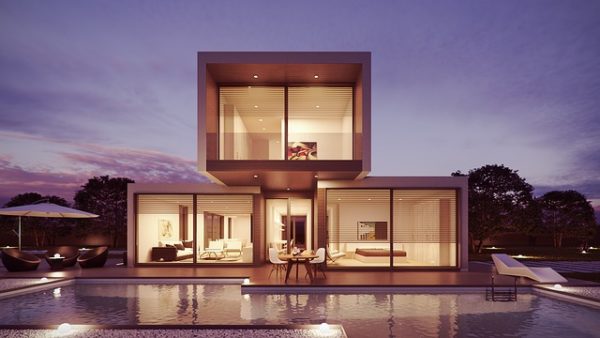
Buying a starter home can be a great investment. It can also wind up being more trouble than it’s worth. So, how do you decide if it’s the right move for you? Before you make any decisions, think through the pros and cons of buying a starter home so that you’ll be ready for whatever you may have to face. No investment is risk-free but knowing all the possibilities, good or bad, will help you in making this very exciting decision.
One of the biggest pros is being able to buy your own home, from the funds you made selling your starter home. For many people, this is a lifelong dream; a personal project, if you will. Owning your own home is wonderful but comes with a lot of responsibility and work. If the starter house you’re buying is one you intend to sell, then you’ll need to consider how the investment will grow and prosper.
A long-term plan to sell will help keep this a starter home in selling condition, so you can still find your ‘forever home’ somewhere down the line. If you move into a place and don’t even want to think about selling right now then getting a starter home might not be the best move for you.
Another benefit to buying a starter home is that it doesn’t have to be perfect. You can look for something that’s a little smaller than you’d prefer. Or maybe something that doesn’t have perfect breakfast nook you’ve been dreaming of. These considerations are no big deal since you’ll be selling it anyway. This strategy helps you keep costs low when it comes to utilities, down payments, even insurance. Compare homeowner’s insurance for small starter homes to the larger homes they’re eventually traded in for to see how much you can save.
On the flip side of saving money, you may find that the reduced space of a starter home is more of a hassle than an asset. Starter homes tend to be simple and often times they don’t have the same amenities that you may look for in a home you tend to stay in. This is the trade off of having something cheaper. Only you can decide if this is proper for you and your investments. For some people, getting a starter home, despite the downsides, is better than spending money on rent every month while trying to save up for their fantasy pad.
Before you buy any house, you’ll have to deal with a whole host of inspections, reports, and negotiations. When it comes to the inspector’s report for your starter home, make sure you pay attention. The last thing you want to have to deal with is a serious structural or code issue. Especially since the whole idea of getting a starter home is that you don’t want to sink a bunch of money into it. This can be a huge downside but one that is easily avoidable. If the inspector has bad news then you may need to reconsider the purchase, even if the house seems perfect in every other way. It may be frustrating to get your hopes up only to have to start all over again but that’s the better option than going into debt for a house you intend to sell shortly anyway.
Purchasing a house always requires a lot of thought and research. But considerations are different for a start home versus a forever home. For your personal home, you can daydream about every little detail and amenity you want.A starter home, on the other hand, should probably have you thinking about how it’s efficient, cheap, and easy to sell when the time comes.
Then again, you may wind up loving your starter home so much you never leave. In which case, congratulations!
 Gearfuse Technology, Science, Culture & More
Gearfuse Technology, Science, Culture & More


